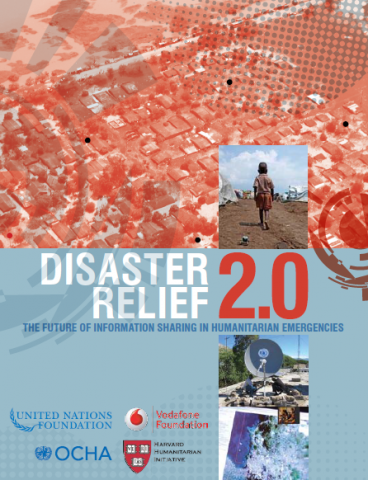Disaster Relief 2.0: The future of information sharing in humanitarian emergencies


After a large-scale disaster, there is always a massive effort to collect and analyze large volumes of data and distill from the chaos the critical information needed to target humanitarian aid most efficiently. But the response to the 2010 earthquake in Haiti was different. For the first time, members of the community affected by the disaster issued pleas for help using social media and widely available mobile technologies.
The international humanitarian system was not tooled to handle these two new information fire hoses—one from the disaster-affected community and one from a mobilized swarm of global volunteers. This report seeks to understand and make recommendations for how to adapt to this new reality where collective action can lead to collective intelligence.
This work will require partnership and dialogue. Humanitarian organizations have amassed deep wisdom and experience from decades of work in the field. Yet new voices are opening the possibility of closer interactions with communities affected by disasters. And new partners are offering faster, more effective means of analyzing an ever-increasing volume and velocity of data. The challenge ahead is how to create an effective interface between these resources, and create an ecosystem where each actor understands its role. This report recommends a five-part framework for addressing these challenges.
– Harvard Humanitarian Initiative, 2011
